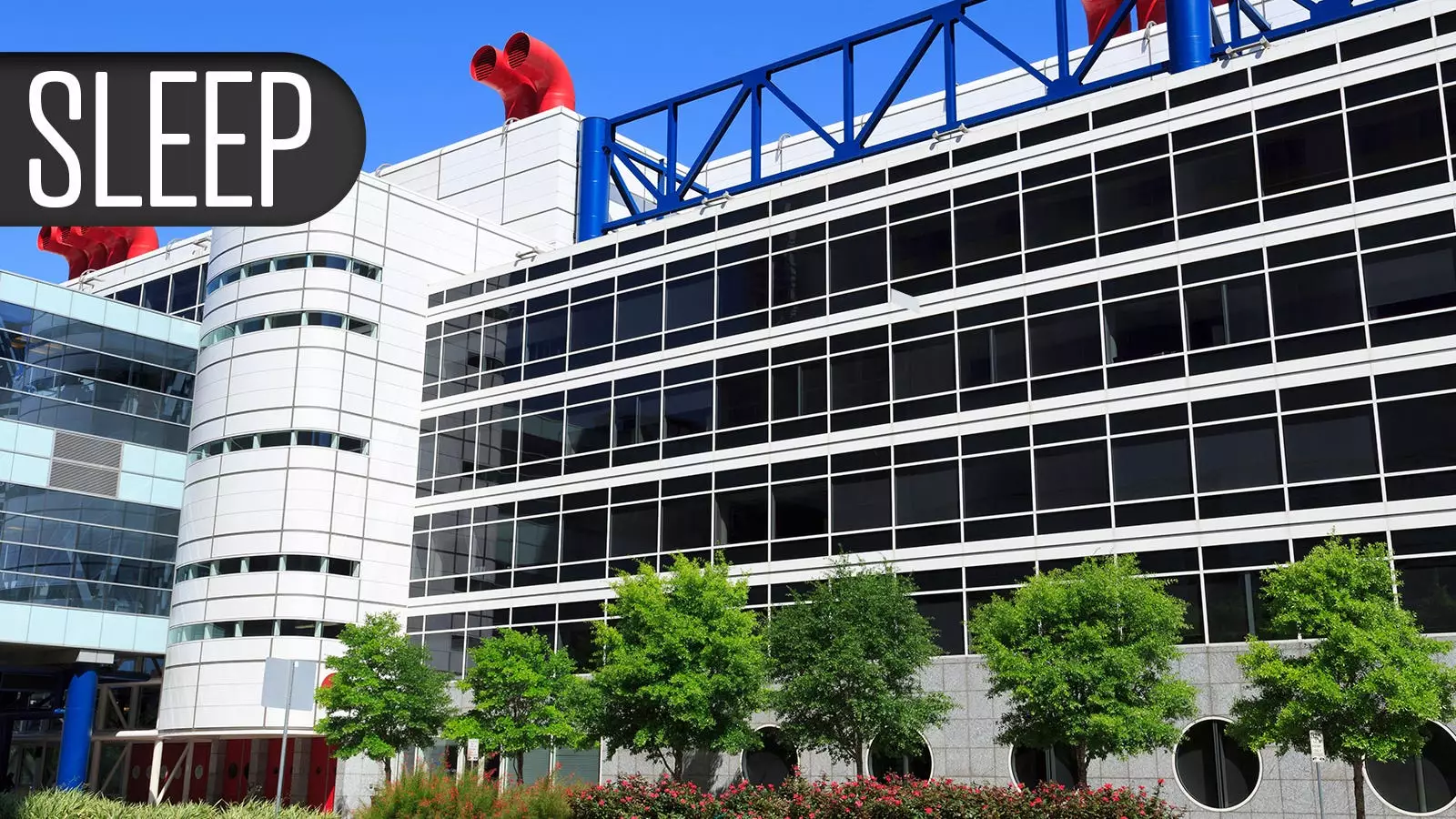The study conducted by Robin Germany, MD, from the University of Oklahoma College of Medicine in Oklahoma City, presented at the annual SLEEP meeting, showcased the use of transvenous phrenic nerve stimulation (TPNS) in patients with central sleep apnea and heart failure. The study found that patients who underwent TPNS had a five-fold higher chance of better clinical outcomes compared to those in the control group. This win ratio analysis was based on the Remedē system pivotal trial, with significant results pointing towards the positive impact of TPNS on patients suffering from central sleep apnea and heart failure.
The results of the study revealed that TPNS led to a 5.14 win ratio for death, heart failure hospitalization, and a 25% improvement in the Oxygen Desaturation Index. This indicates a significant improvement in clinical outcomes for patients with central sleep apnea and heart failure who underwent TPNS treatment. The findings from the pivotal trial were instrumental in the FDA approval of the Remedē device for moderate-to-severe central sleep apnea in 2017. Additionally, the long-term safety and effectiveness of the device were supported by five-year data presented at the 2020 Heart Failure Society of America meeting.
Patients with heart failure often face challenges in managing their condition, especially when it comes to adopting traditional sleep apnea therapies. This is due to the fact that they are already on multiple medications and may experience shortness of breath even at rest. Central sleep apnea further complicates their condition, making it difficult for them to maintain adequate breathing while sleeping. The introduction of TPNS through the Remedē device offers a promising solution for these patients by stimulating the phrenic nerve to induce diaphragmatic contraction and create negative intrathoracic pressure similar to normal breathing.
The Remedē device is a small implantable device that is placed below the collar bone and stimulates the phrenic nerve to facilitate breathing during sleep. Unlike other stimulation devices for sleep apnea, the Remedē device is implanted directly by a cardiologist under conscious sedation. This sets it apart from traditional procedures for sleep apnea treatment and makes it a more accessible and convenient option for patients with heart failure and central sleep apnea.
The retrospective win ratio analysis included patients with heart failure from the original pivotal trial. The study involved 43 participants in the treatment group who had an active implanted device, and 48 participants in the control group who had an inactive device. The patients in the TPNS group had a median age of 67, with 91% being men, and a median left ventricular ejection fraction (LVEF) of 34%. In comparison, the control group had a median age of 69, with 92% being men, and a median LVEF of 33%.
The use of transvenous phrenic nerve stimulation through the Remedē device offers significant clinical benefits for patients with central sleep apnea and heart failure. The findings from the pivotal trial and subsequent long-term data support the safety and effectiveness of TPNS in improving outcomes for these patients. Moving forward, further research and studies are needed to explore the full potential of TPNS in the treatment of central sleep apnea and heart failure.


Leave a Reply